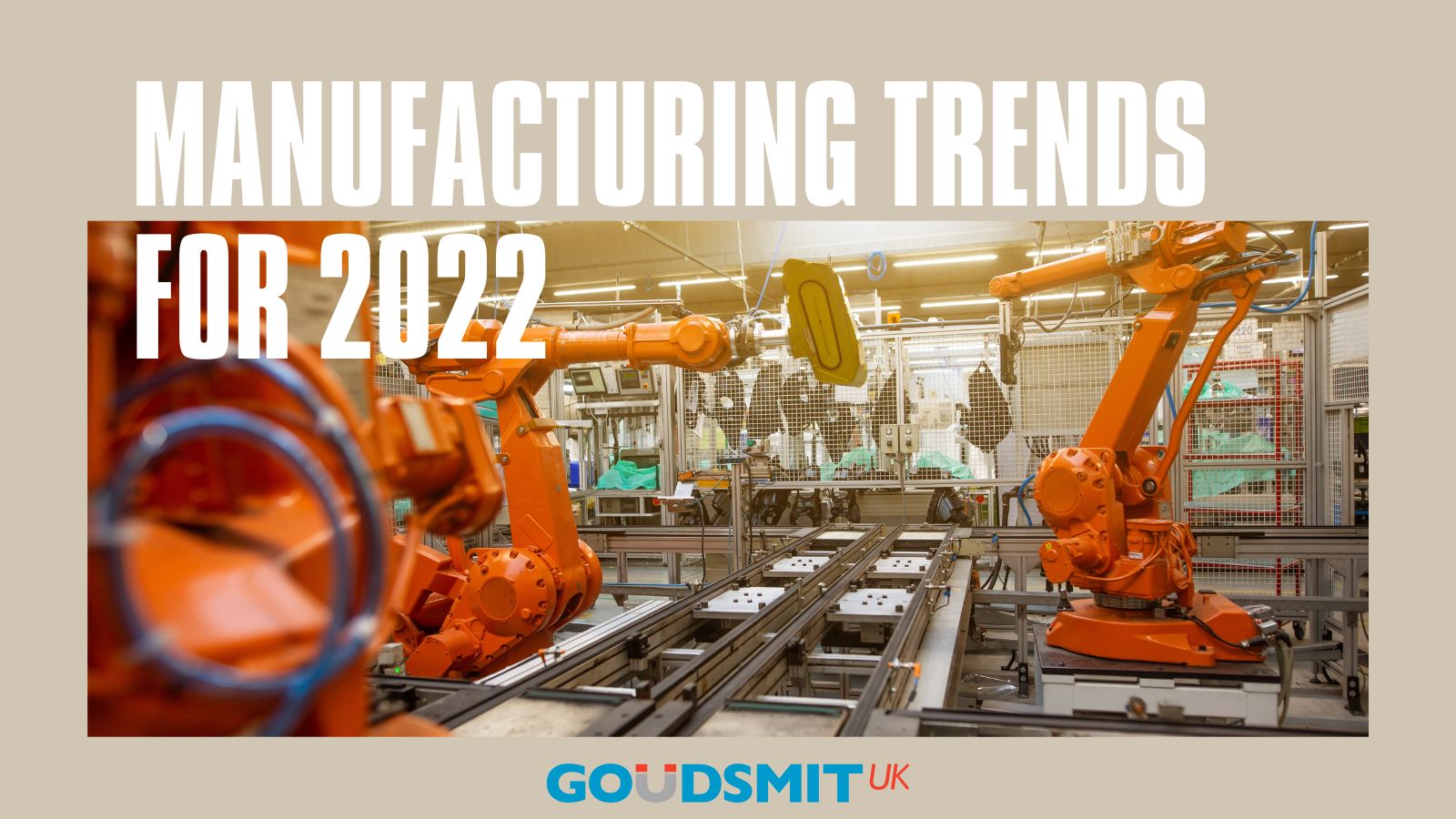Last year proved to be highly disruptive for the manufacturing industry and 2022 has already shown us there are no signs of it slowing down.
Still recovering from the impact of the pandemic, manufacturers continue to face challenges like:
- Supply chain disruptions
- The labour shortage
- Retaining and attracting new employees
- The skills gap
- Workers’ roles with the rise of automation
With this, manufacturers are forced to make changes to their process in order to better prepare for the future. We’ll be looking at some of the manufacturing trends that will help shape 2022.
Increased output with a decline in workforce
Over the past decade, there’s been a decline in the number of manufacturing jobs and 2022 will be no different. However, despite this manufacturing is set to increase as companies ramp up production post-pandemic.
Some factors causing increased output and a declining labour force include:
- Rise in automation
- Skills gap
- Labour shortage
In 2022, manufacturers will have to keep up with increasing demand while retaining their skilled workers in order to keep up with demand.
Continue to manage supply chain disruptions
The global shortage of materials, increasing energy costs and delays are expected to last into 2022. At the same time, consumer expectations remain high. Therefore, manufacturers scramble to put plans in place in order to satisfy consumer demand with the on-going disruptions.
Helping mitigate the effects of supply chain disruptions, manufacturers have begun to implement effective communication strategies. This ensures that everyone is on the same page and is working towards the same goal.
Automation and robotics
Automation in the manufacturing industry isn’t a new phenomenon. However, manufacturers are investing more money into automated solutions for their operations. The agricultural and food industries in particular are at the forefront of this.
Following border closures and travel restrictions as a result of the pandemic and Brexit, labour has been increasingly scarce in agricultural manufacturing. Therefore, manufacturers are turning to automation and robotics to tackle tasks like weeding, seeding, and harvesting.
Carbon neutrality
The manufacturing industry has made climate change an urgent priority. Globally, manufacturing accounts for approximately one-third of greenhouse emissions. This has been a major driving force behind manufacturers moving toward low-carbon or carbon-neutral manufacturing systems.
Another great force behind this change is governments investing significant amounts into battling climate change. These policies require manufacturers to transform their entire operations from designing to the delivery of the end products.
Goudsmit UK
Goudsmit UK employ modern machinery and techniques, producing a variety of precision parts for wide-ranging clients. At Goudsmit UK we constantly review and update our process, ensuring we stay ahead of the market. Our extensive scope of capabilities including 3D design support, automation, tooling solutions, and reverse engineering, we help you eliminate design flaws prior to production.
For more information visit download our products and services brochure.
Contact our team at info@goudsmit.co.uk or on +44 (0) 2890 271 001.







